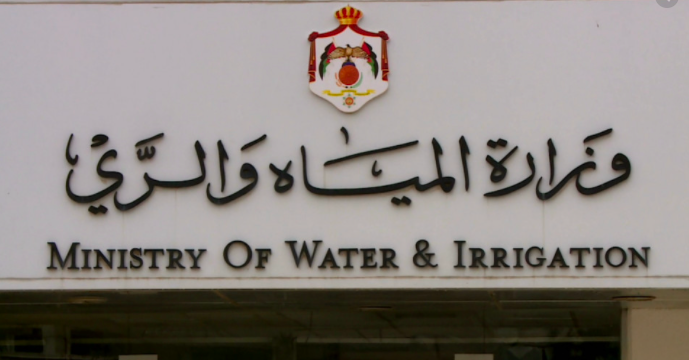The Committee for Justice, an independent association for the defence of human rights based in Geneva, Switzerland, has published a report on the dire conditions in Egyptian prisons, stating: Inmates at the new Badr Prison Complex in Egypt live in abusive conditions reminiscent of the notorious Scorpion Prison, although a government campaign to promote a positive image for the new facility, the Committee for Justice has said, based on the testimony of families of political prisoners. The Badr Prison Complex was opened at the end of 2021 in the Badr region in the Eastern Desert (about 60 km east of Cairo). It was named Badr Correction and Rehabilitation Center as part of the government’s bid to rebrand its prisons, claiming that there was a new strategy to provide proper conditions for prisoners.
The Badr complex was established on an area of 85 acres. It was designed to receive inmates sentenced to short terms. Once operational, the plan was to close three other public prisons. The prison complex includes three sub-centres and a unique centre for women. It is managed through the central command building located in the centre. Each centre has a central control room linked to sub-control rooms. The prison also includes a court complex with four administratively separate courtrooms with 100 persons per room. Egyptian authorities have promoted the facility through a propaganda clip broadcast on official and private TV channels entitled “A New Beginning”. The promotional material claims that this complex solves the poor detention conditions in Egypt. Still, the reality is that the project was the beginning of a new chapter of horrific violations against prisoners in the Badr complex.
The authorities violated the fundamental rights of the detainees in Badr even before it was inaugurated. They established halls within the prison where trial sessions for detainees are held, in a clear violation of the independence of the judiciary and fair trial standards, as detainees cannot defend themselves within the prison walls. Although the complex includes three rehabilitation centres in addition to a medical centre equipped with a capacity of 175 beds, two operating rooms, a catheterization room, 18 intensive care rooms, 11 outpatient clinics, and four dialysis units, CFJ has documented numerous medical negligence complaints by detainees in the complex. The conditions of detention inside the complex are dire. The detainees’ families have described it as “the new Scorpion” of the notorious maximum-security Scorpion prison (Aqrab).
The abuses documented within Badr include preventing the entry of blankets and clothes for detainees in Badr 3 prison in the cold winter and containing the entry of food. The prison administration has banned the entry of beef, chicken, eggs, fish, natural herbs, and baked goods. The restrictions are applied, although the allocated meals provided to inmates have become less than usual due to economic conditions and the insanely high prices inside the prison’s kiosk. CFJ has also documented restrictions on visits, which are limited to only one per month- contrary to the Prison Service Law. The inmates have also been prevented from exposure to the sun in any way, and lights are kept on inside the rooms 24/7, which disrupts the prisoners’ sleep. Additionally, surveillance cameras work throughout the day inside the rooms. As a result of all these violations, the detainees in October 2022 announced a hunger strike. They refused to receive the food provided by the prison administration because of the restrictions on visits and receiving communications from their families, the banning of regular exercise, and access to books and other publications.
The abuses led to a steady increase in deaths inside Badr. CFJ has documented the end of the following five detainees there due to medical negligence and poor conditions of detention:
1- Al-Sayed Muhammad Abdul Hamid Al-Saifi (61 years old) died on October 5, 2022, as his health deteriorated.
2- Alaa Muhammad Al-Salami (47 years old) died on November 1, 2022, due to his hunger strike to protest the violations he was exposed to inside Badr 3 prison.
3- Magdi Abdo Al-Shabrawi died on November 15, 2022, after his health deteriorated due to poor detention conditions. He developed a chronic kidney infection following his arrest.
4- Hassan Diab Hassan Attia (47 years old) died on November 29, 2022, in Badr Prison 3.
5- Gihad Abd al-Ghani Muhammad Salim (32 years old) suffered from jaw and throat cancer on December 21, 2022. He was detained in the Badr Prisons Medical Center for only four days before his death.
The above cases prove that Egypt’s prison reform policy has failed to achieve its objectives. The buildings have changed, but the mentality is the same. The Egyptian government has no political will to change the culture of mistreating prisoners. Egypt should release tens of thousands of political prisoners and ensure humane conditions for those detained, irrespective of their political or religious backgrounds.





Recent Comments